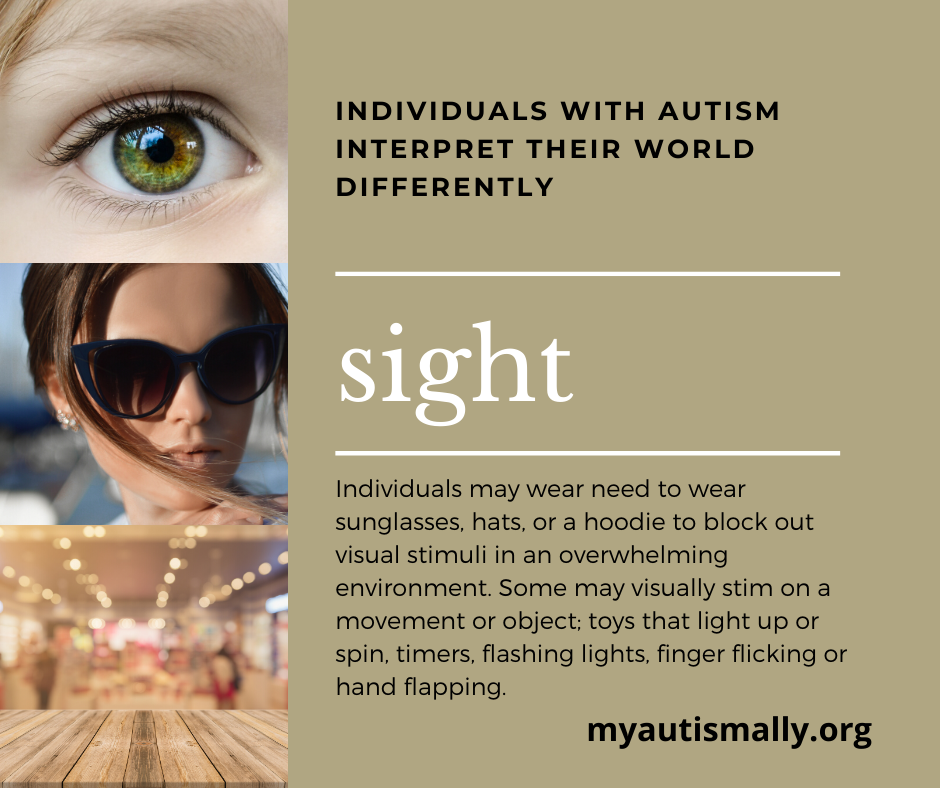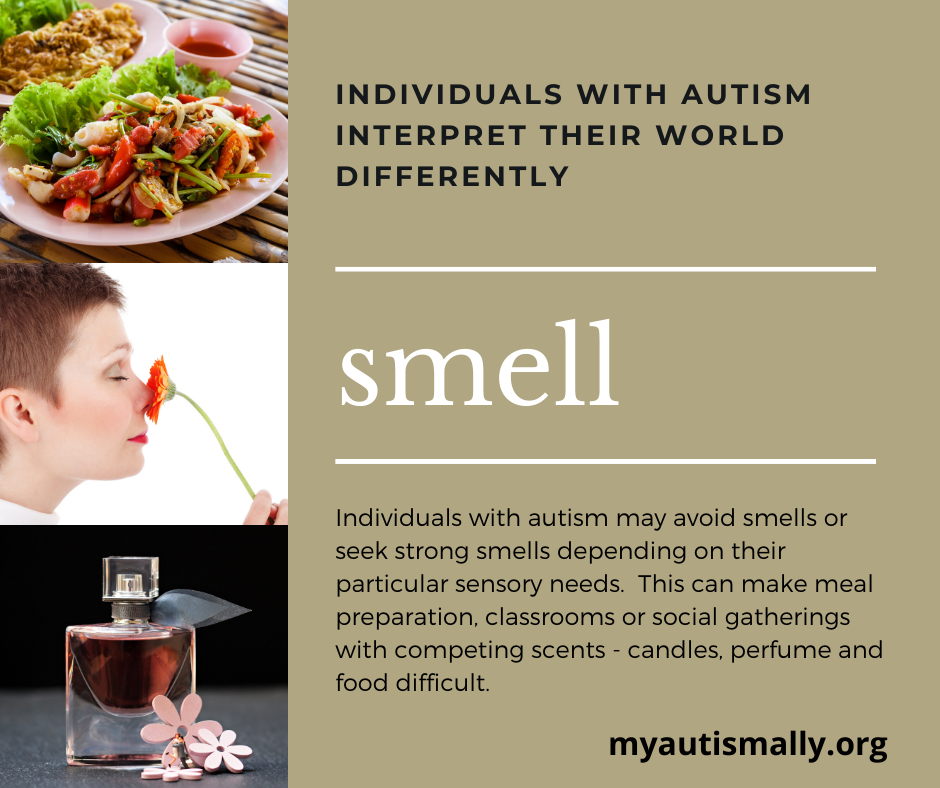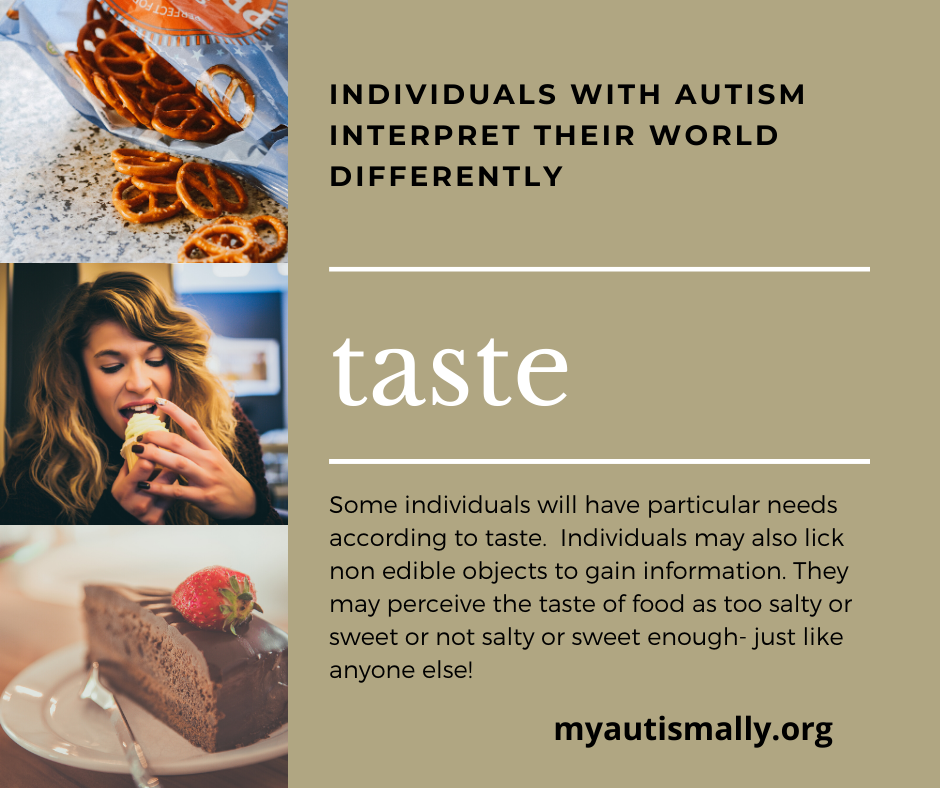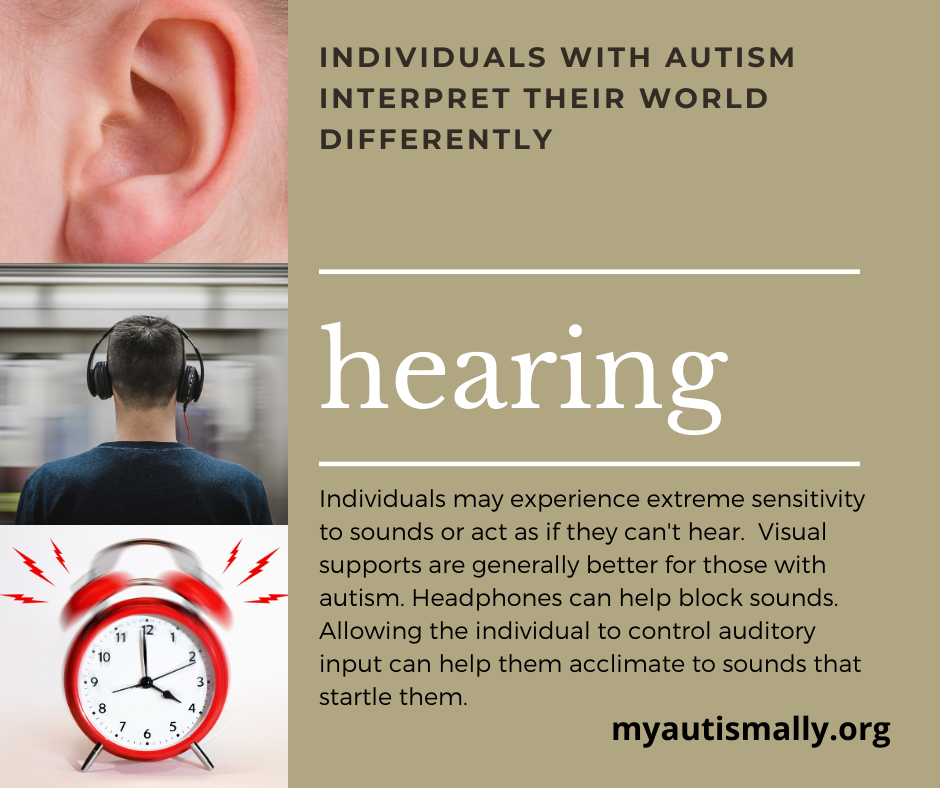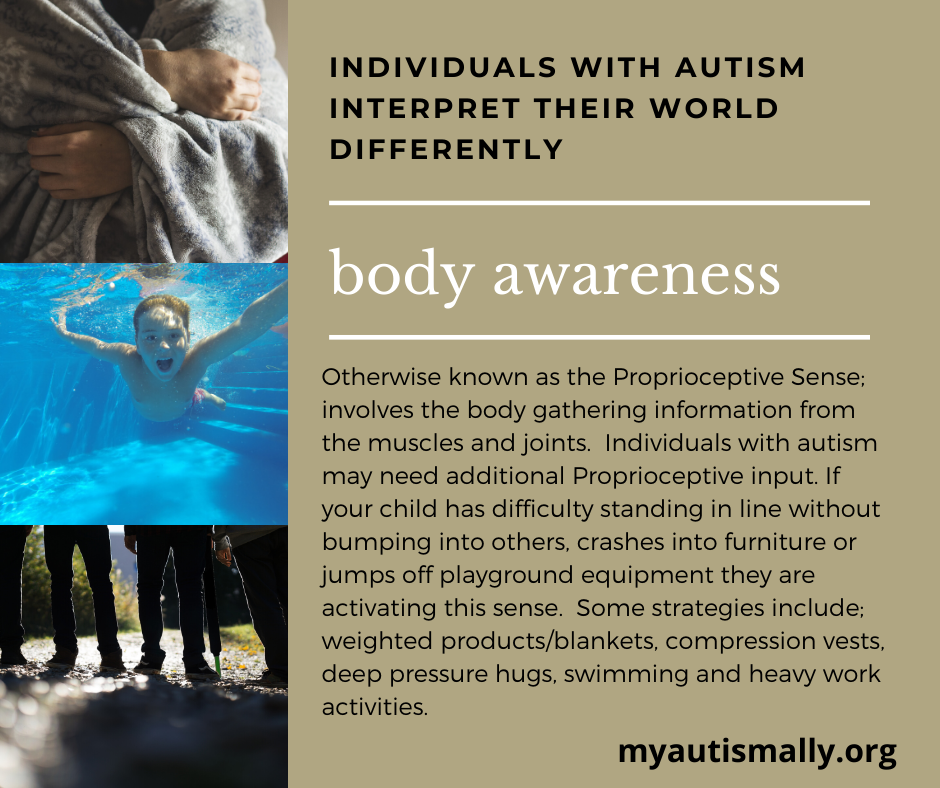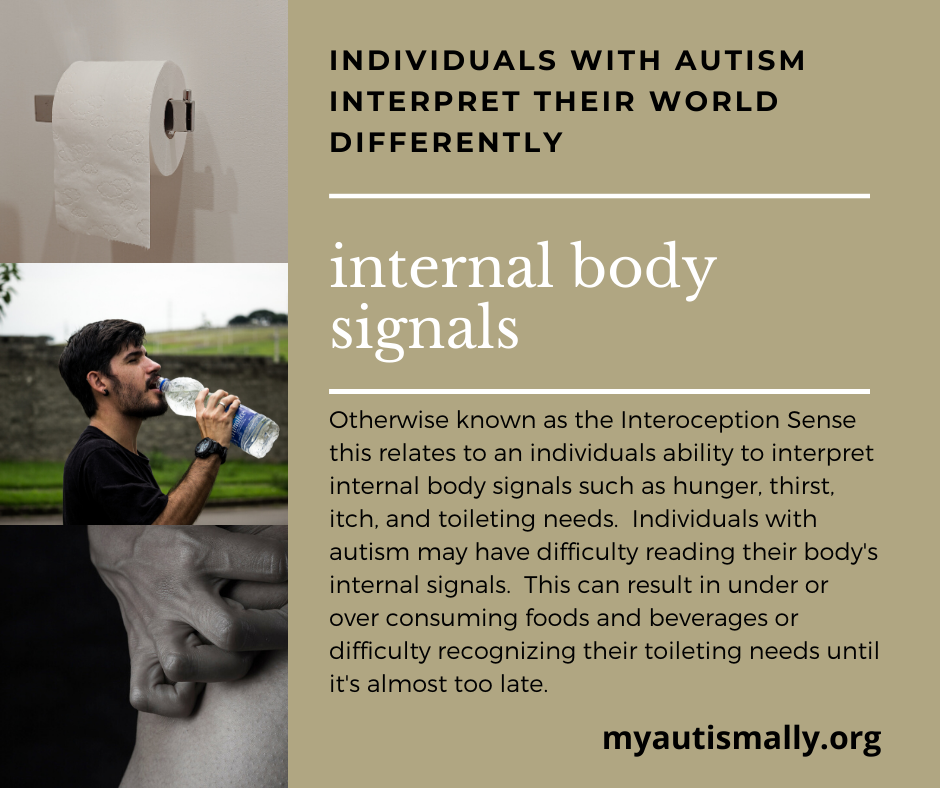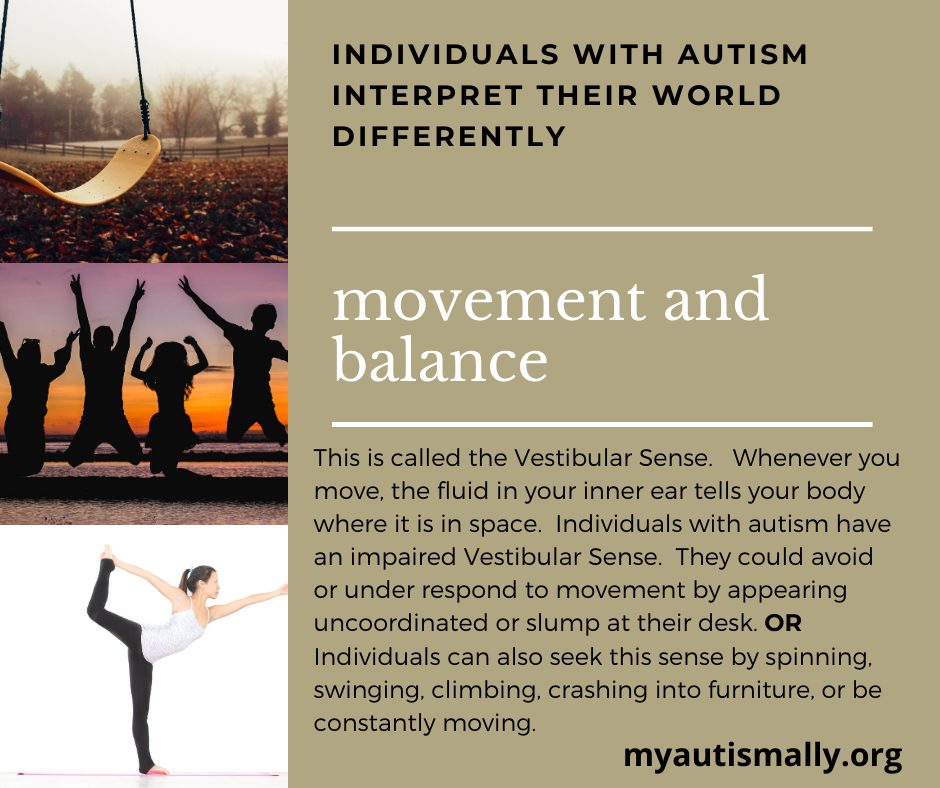Behavior is Communication!
So we are almost 3 months into the COVID-19 pandemic and I’m not sure if we’re even close to starting to go back to “normal”. In a “normal” year, we’d be excited about school ending, celebrating graduations and attending weddings and festivals. Although many of these things are still happening, there are definitely changes to how they usually occur.
So what does any of the above have to do with behavior? Plenty!
Think for a moment about YOUR behavior in the last 12 weeks. Have you been…
happy
sad
depressed
angry
anxious
bored
shy
impulsive
fidgety
quiet
screaming in rage
Of course you have, so has your loved one with autism. When feel those feelings, we act or react in different ways. Some make healthy choices like exercise, listening to music, or working on your favorite hobby. Some choices we make might not be as healthy, overeating, sleep more or turn to alcohol or drugs to try and fix what’s wrong. But all these things have something in common, our actions can tell others that something is bothering us. Our behavior is communication.
One of the more challenging aspects of parenting a child on the autism spectrum is that behavior that is exhibited can be completely unrelated to the challenge they are facing right in front of them at the time- in other words, there can be a time delay. When new behaviors start happening, I always ask parents to channel their inner detective and start keeping track of a few things. Grab a notebook and jot down what’s happening. Look for patterns in the behavior.
Have there been changes to their routine?
When does the behavior happen?
Where does the behavior happen?
Who is around when the behavior happens?
Does the behavior seem to be related to avoiding or pursuing a need?
Think about the senses! What are they seeing, hearing, touching, tasting and smelling?????
All of the above provide clues into what may be causing your child to have behaviors. But I do want to remind you to not forget one thing- ALWAYS CHECK FOR UNDERLYING HEALTH REASONS FOR ANY BEHAVIOR.
If you have a more impacted loved one on the spectrum, the communication barriers are more obvious. But even high functioning individuals on the spectrum may have difficulty with communicating pain or discomfort, especially if it is related to something they’ve never experienced before such as a cavity or acid re flux. Some individuals may even have difficulty recognizing that they are hungry, thirsty or need to use the restroom and need a verbal reminder or visual schedule to help them regulate.
About 5 years ago, my son starting having screaming episodes. They were happening everywhere- school, home and at therapy. Everyone- myself, teachers and therapists started keeping track of what was happening when he would scream. It took a few weeks, but we were able to narrow it down to the common thread, the screams would happen most frequently 1-2 hours after eating- whether it was a meal or a snack. Once we narrowed why the behavior was happening, we then concentrated on the foods that he was consuming and discovered his food triggers. Knowing that my son struggles with GERD - acid reflux issues, we now take medication to help and watch what he eats. In this instance, he knew he felt awful and in pain. Screaming was he way of telling us that he needed help, because his ability to tell us with his words is impaired.
Almost all affected by autism are also affected by Sensory Processing Disorder- SPD. In April we shared on our Facebook page a series of sensory education posts as a quick way to learn about how individuals with autism interpret their world differently. I’ve included the posts at this end of this blog entry. Does your child crash into furniture? Well that’s him trying to provide input to his proprioceptive or vestibular systems. Hand flapping? That’s sight. Needs headphones? His hearing may be more sensitive to noise. Chewing clothing or licking objects? Perhaps gum or a chew necklace will help. Spending the time to discover why and how your loved one on the spectrum interprets their world, may help you understand their behavior. Better understanding helps you come up with ways to substitute to inappropriate behaviors with a more socially acceptable ones. FYI, remember you need to find a substitute behavior. You can’t just eliminate a behavior. The underlying need is still there and needs to be addressed. Finding a good behavior therapist can help. These services are accessible through the Family Supports Waiver that is available to all individuals medically diagnosed with autism in the state of Indiana. If you have the waiver already, ask your case manager for options. If you need to apply for the waiver contact us. We can help.
As always, if you have any questions about this topic pr any other, feel free to reach out to us at myautismally@gmail.com 260-207-4686 or through our social media options as well.
